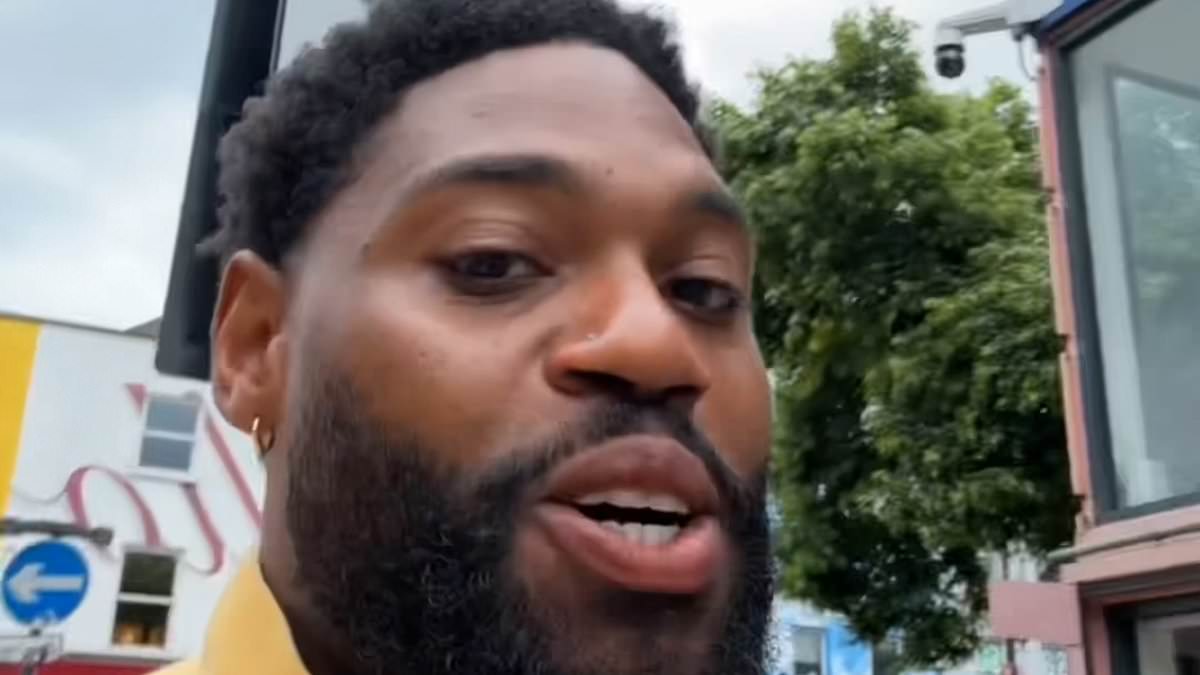An American transplant in London recently took to TikTok to share his bemusement with five commonly used British phrases that just don’t sit right with him.
With over 175,000 followers eagerly chiming in, @Kjordy sparked a lively discussion about linguistic quirks across the pond.
First up on his list of linguistic head-scratchers is “bloody”—not as an adjective, but as an exclamation.
To him, it’s more reminiscent of blood than anything else, leaving him puzzled about its widespread use.
His second gripe centers around “b****cks,” which he hilariously mispronounces as “bullocks.”
Admitting he’s clueless about its meaning, he’s observed it being hurled about when Brits are particularly miffed.
Next, he tackles “dribble,” a word that he finds utterly repulsive.
The sound of it, he admits, just doesn’t sit well with his American sensibilities, especially when used to describe speech.
Moving on to culinary confusion, he confesses a distaste for “bubble and squeak,” a beloved British dish he’s yet to fully understand. Even its name doesn’t sound appetizing to him, despite its popularity among locals.
**K**b: A Head-Scratcher
Finally, he raises eyebrows at the word “k**b,” popular in British slang.
Its usage and meaning remain a mystery to him, further highlighting the cultural divide in language.
In response to his TikTok, fellow users jumped in to explain the nuances: from the origins of “bubble and squeak” (leftover roast fried up for breakfast) to the varied meanings of “dribble” (both literal and figurative).
@Kjordy’s light-hearted take on British phrases not only entertained but also sparked a cross-cultural dialogue about language and its peculiarities.
As he continues to navigate life in London, one thing’s for certain: the linguistic landscape never fails to surprise him.
TDPel Media
This article was published on TDPel Media. Thanks for reading!Share on Facebook «||» Share on Twitter «||» Share on Reddit «||» Share on LinkedIn
